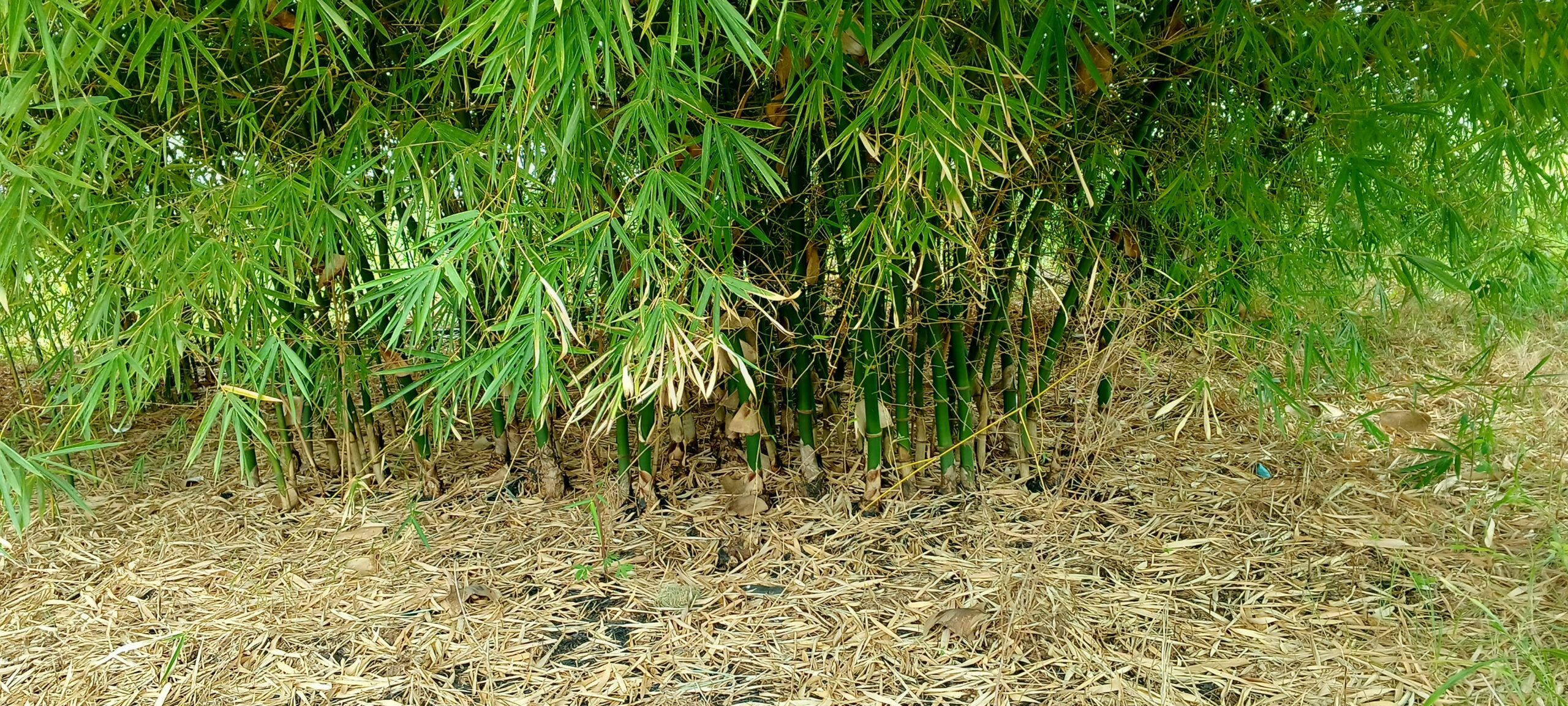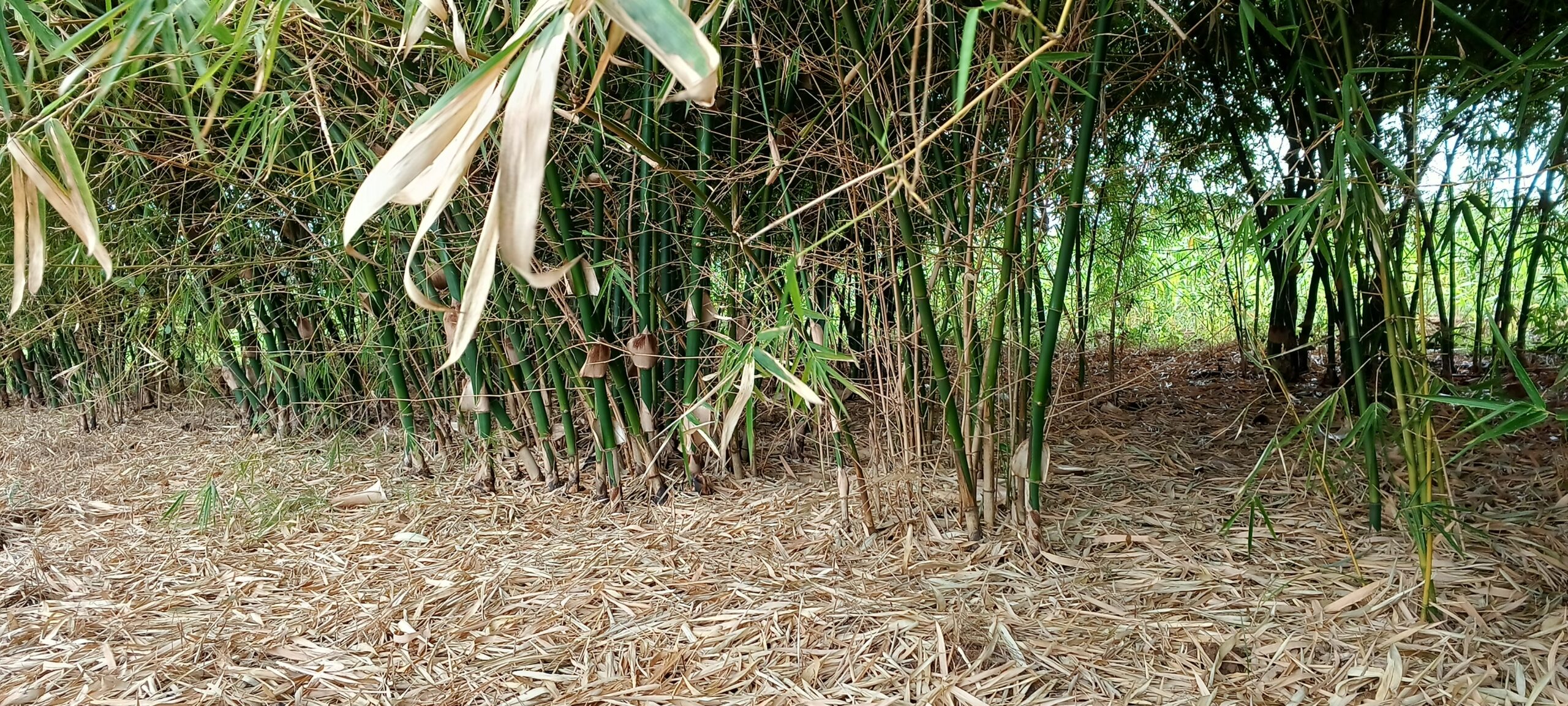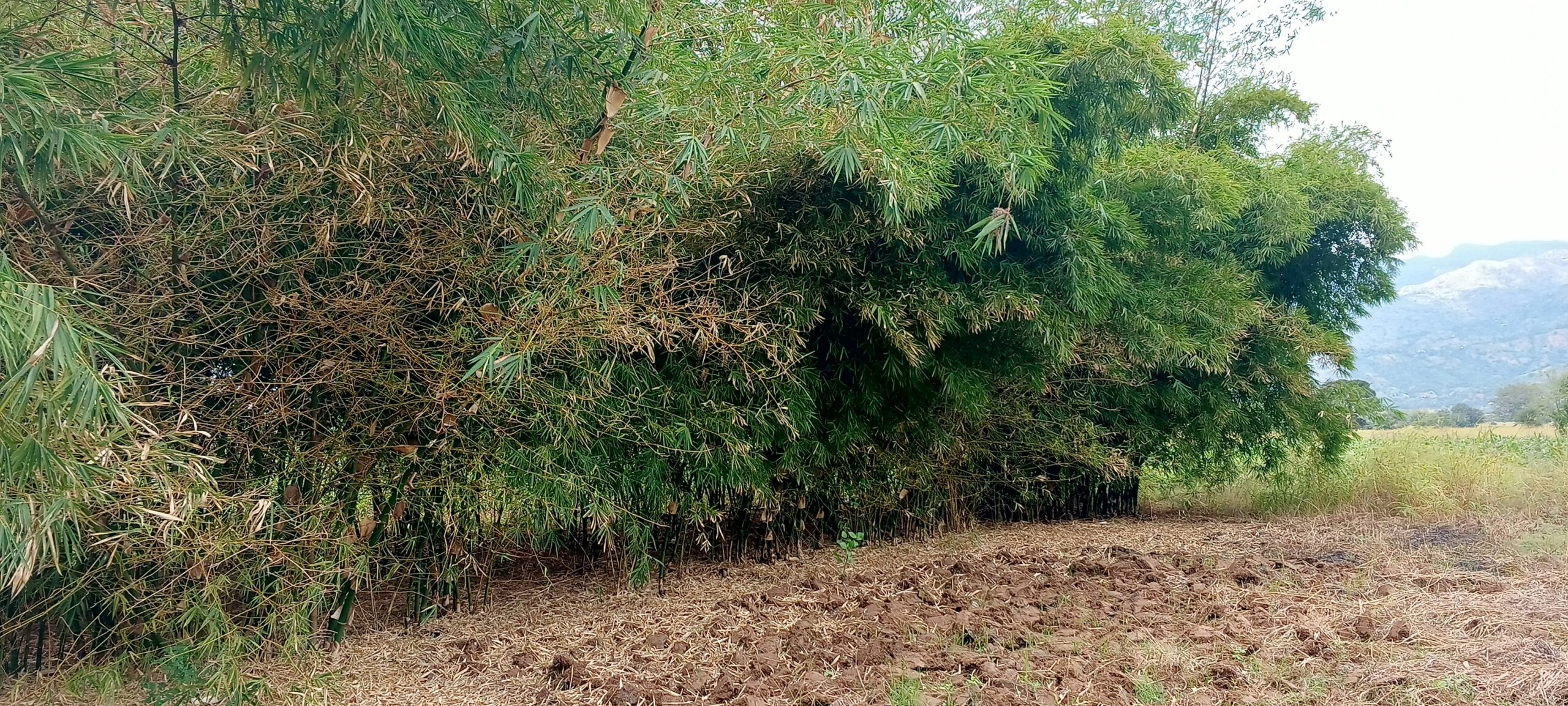The total coverage area of Bamboo in Tanzania is estimated at 1,025,033 ha. Bamboo naturally occurs in low-altitude and mountainous areas. These resources if well managed, can contribute substantially to socio-economic development, environmental conservation and the national economy. The country is a founding member of the International Organization for Bamboos and Rattan (INBAR) since 1997 and is eager to participate in the expanding global initiatives to develop bamboo resources. There has been a growing demand for bamboo products and services in rural, urban and peri-urban areas as well as in international markets, and yet, minimal efforts have been deployed to replenish the natural stocks and/or grow bamboo to complement natural sources in the country. The existing potential remains largely untapped.
The lack of a vibrant bamboo industry has been primarily attributed to the absence of a framework to sufficiently guide the development of the industry. Nevertheless, the National Forest Policy of 1998 and its implementation Strategy 2021-2031 recognize bamboo as an important contributor to achieving the forestry sectoral goals. Therefore, this National Bamboo Development Strategy and its Action Plan (2023 – 2031) have been developed to provide focus areas and guidance to solve the challenges and highlight opportunities for the development of a strong bamboo industry. This Strategy is centered on transforming sustainable management of bamboo resources to foster green industries, livelihood promotion and strengthening production of high-value products and ecosystem services for domestic, regional and international markets. It is also consistent with the National Development Vision 2025 and associated with the Third National Five-Year Development Plan (FYDP III; 2021/22 – 2025/26) relating to competitiveness and industrialization for human development.
The Bamboo Strategy has been jointly developed and agreed with key stakeholders. It is our sincere hope that the Strategy will address the challenges and accelerate growth of the industry, and that by the end of 2031 Tanzania will be one of the leading producers and suppliers of high-value bamboo products and services in the globe. To achieve this vision, all stakeholders need to work together to sustainably manage the bamboo resources and promote bamboo industries by adequately implementing the Strategy. I would therefore like to call upon all actors to join hands in implementing this Strategy and Action Plan, and contribute to the realization of the forest sectoral objectives.
Dr. Hassan Abbasi Said
Permanent Secretary
Ministry of Natural Resources and Tourism
FINAL-NATIONAL-BAMBOO-DEVELOPMENT-STRATEGY-AND-ACTION-PLAN-29-08-2023




